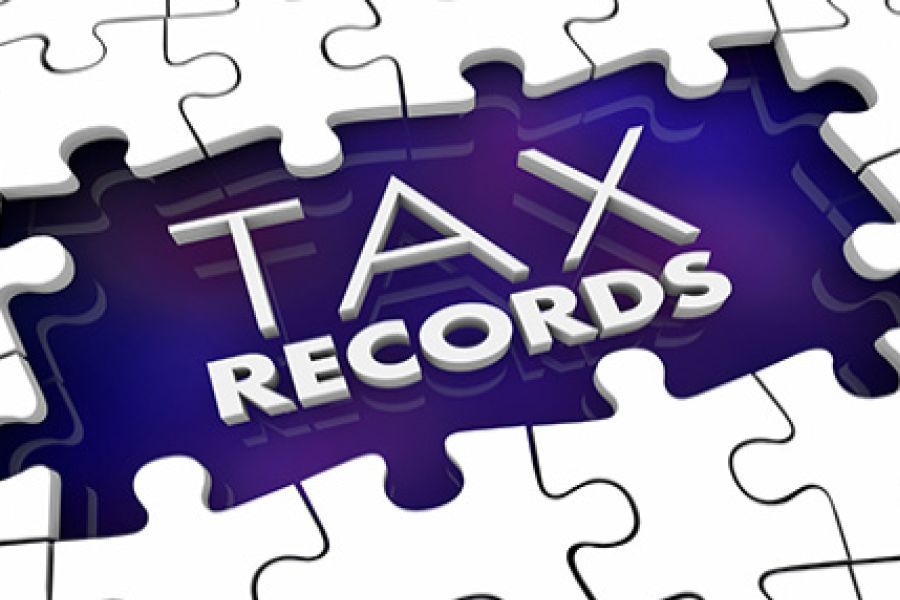The new COVID-19 relief law that was signed on December 27, 2020, contains a multitude of provisions that may affect you. Here are some of the highlights of the Consolidated Appropriations Act, which also contains two other laws: the COVID-related Tax Relief Act (COVIDTRA) and the Taxpayer Certainty and Disaster Tax Relief Act (TCDTR). Direct payments The law provides for direct payments (which it calls recovery rebates) of $600 per eligible individual ($1,200 for a married couple filing a joint tax return), plus $600 per qualifying child. The U.S. Treasury Department has already started making these payments via direct bank deposits or checks in the mail and will continue to do so in the coming weeks. The credit payment amount is phased out at a rate of $5...

Contributing to a tax-advantaged retirement plan can help you reduce taxes and save for retirement. If your employer offers a 401(k) or Roth 401(k) plan, a decision to maximize your 401(k) Plan can be a smart way to build a substantial sum of money. If you’re not already contributing the maximum allowed, consider increasing your contribution rate. Because of tax-deferred compounding (tax-free in the case of Roth accounts), boosting contributions can have a major impact on the size of your nest egg at retirement. With a 401(k), an employee makes an election to have a certain amount of pay deferred and contributed by an employer on his or her behalf to the plan. The contribution limit for 2020 is $19,500. Employees age 50 or older by year...
You may be able to deduct some of your medical expenses, including prescription drugs, on your federal tax return. However, the rules make qualifying for a medical expense tax deduction difficult for many people to qualify. But with proper planning, you may be able to time discretionary medical expenses to your advantage for tax purposes. Itemizers must meet a threshold For 2020, the medical expense deduction can only be claimed to the extent your unreimbursed costs exceed 7.5% of your adjusted gross income (AGI). This threshold amount is scheduled to increase to 10% of AGI for 2021. You also must itemize deductions on your return in order to claim a deduction. If your total itemized deductions for 2020 will exceed your standard deduction, moving or “bunching” non-urgent medical...
Are you thinking about selling stock shares at a loss to offset gains that you’ve realized during 2020? If so, it’s important to avoid wash sales if selling stock by year-end. IRS may disallow the loss Under this rule, if you sell stock or securities for a loss and buy substantially identical stock or securities back within the 30-day period before or after the sale date, the loss can’t be claimed for tax purposes. The rule is designed to prevent taxpayers from using the tax benefit of a loss without parting with ownership in any significant way. Note that the rule applies to a 30-day period before or after the sale date to prevent “buying the stock back” before it’s even sold. (If you participate in any...
Although planning is needed to help build the biggest possible nest egg in your traditional IRA (including a SEP-IRA and SIMPLE-IRA), it’s even more critical that you plan for withdrawals from these tax-deferred retirement vehicles. There are three areas where knowing the fine points of the IRA distribution rules can make a big difference in how much you and your family will keep after taxes. Here are some things to know when taking a traditional IRA distribution. Early distributions What if you need to take money out of a traditional IRA before age 59½? For example, you may need money to pay your child’s education expenses, make a down payment on a new home or meet necessary living expenses if you retire early. In these cases, any...
Many people have Series EE savings bonds that were purchased many years ago. Perhaps they were given to your children as gifts or maybe you bought them yourself and put them away in a file cabinet or safe deposit box. You may wonder: How is the interest you earn on EE bonds taxed? And if they reach final maturity, what action do you need to take to ensure there’s no loss of interest or unanticipated tax consequences? Fixed or variable interest Series EE Bonds dated May 2005, and after, earn a fixed rate of interest. Bonds purchased between May 1997 and April 30, 2005, earn a variable market-based rate of return. Paper Series EE bonds were sold at half their face value. For example, if you own a...
Many Americans receive disability income. You may wonder . . . if, and how is disability income taxed? As is often the case with tax questions, the answer is … it depends. The key factor is who paid for the benefit. If the income is paid directly to you by your employer, it’s taxable to you as ordinary salary would be. (Taxable benefits are also subject to federal income tax withholding, although depending on the employer’s disability plan, in some cases aren’t subject to the Social Security tax.) Frequently, the payments aren’t made by the employer but by an insurance company under a policy providing disability coverage or, under an arrangement having the effect of accident or health insurance. If this is the case, the tax treatment...
When a couple is going through a divorce, taxes are probably not foremost in their minds. But without proper planning and advice, some people find divorce to be an even more taxing experience. Several tax concerns need to be addressed to ensure that taxes are kept to a minimum and that important tax-related decisions are properly made. Here are four tax issues divorcing couples should understand if they're in the midst of a divorce. Issue 1: Alimony or support payments For alimony under divorce or separation agreements that are executed after 2018, there’s no deduction for alimony and separation support payments for the spouse making them. And the alimony payments aren’t included in the gross income of the spouse receiving them. (The rules are different for divorce...
If you invest in mutual funds, be aware of some potential mutual fund buy-sell tax pitfalls that can surprise the unwary. Surprise sales You may already have made taxable “sales” of part of your mutual fund investment without knowing it. One way this can happen is if your mutual fund allows you to write checks against your fund investment. Every time you write a check against your mutual fund account, you’ve made a partial sale of your interest in the fund. Thus, except for funds such as money market funds, for which share value remains constant, you may have taxable gain (or a deductible loss) when you write a check. And each such sale is a separate transaction that must be reported on your tax return. Here’s another way...
October 15 was the deadline for individual taxpayers who extended their 2019 tax returns. (The original April 15 filing deadline was extended this year to July 15 due to the COVID-19 pandemic.) Now that you’re finally done filing last year’s return, you might wonder: Which tax records can you toss once you’re done? Now is a good time to go through old tax records and see what you can discard. The general rules At minimum, you should keep tax records for as long as the IRS has the ability to audit your tax return or assess additional taxes, which generally is three years after you file your return (four years for California). This means you potentially can get rid of most records related to tax returns for...











